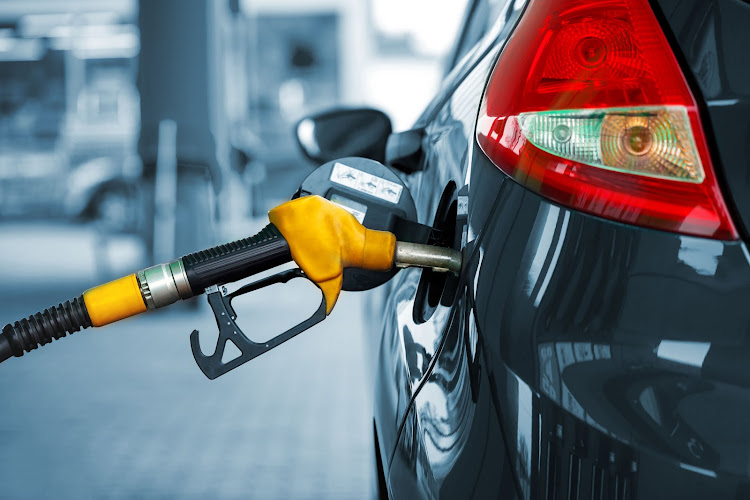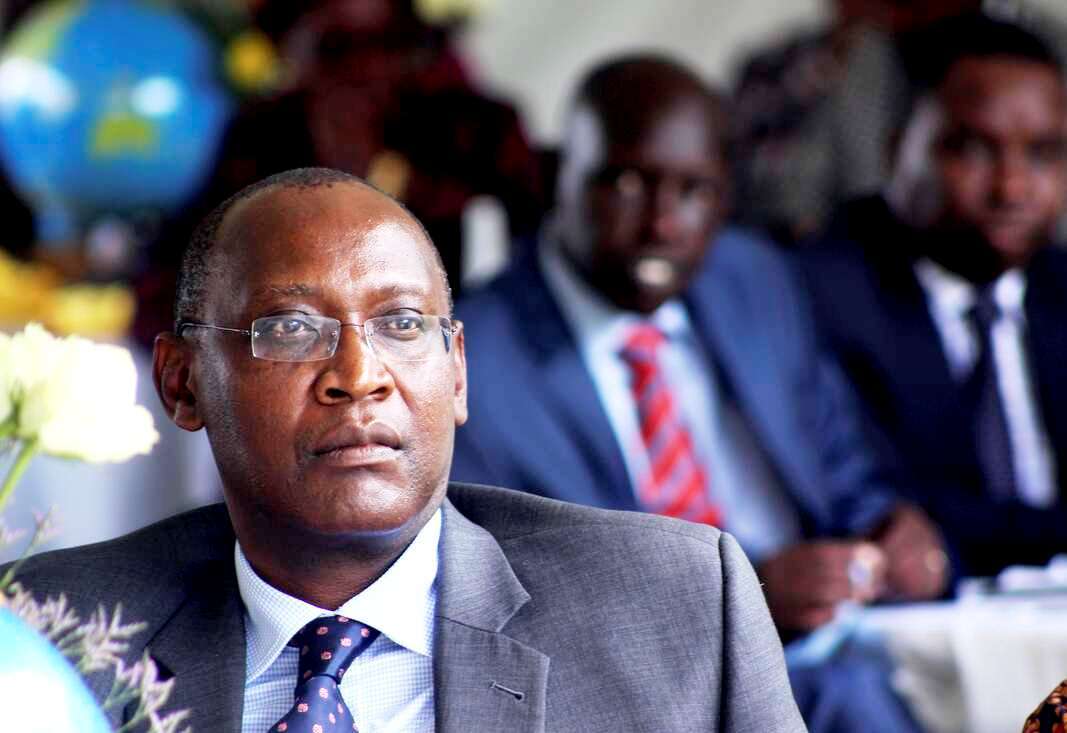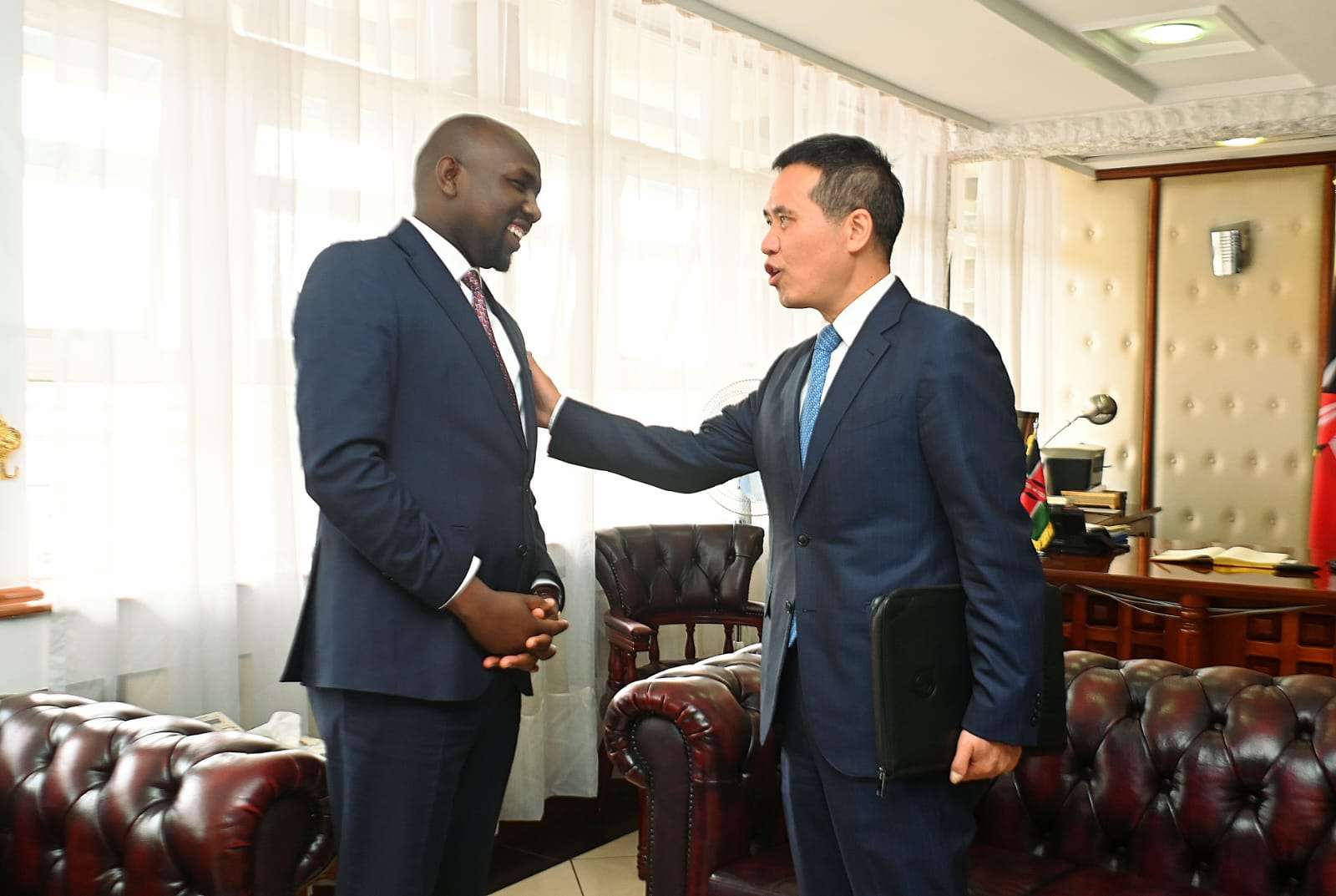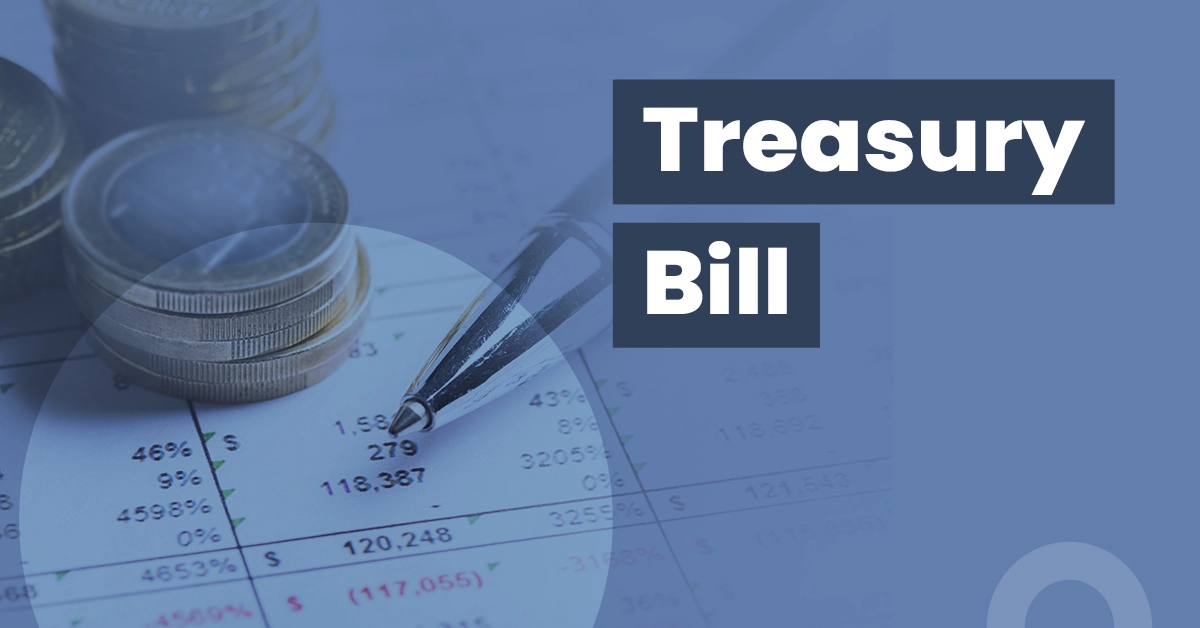The Senate inquiry comes as Kenya considers withdrawing from the G2G fuel import deal with Saudi Arabia, citing disruptions in the foreign exchange market. Initiated by President William Ruto in April 2023, the deal was intended to stabilize the Kenyan shilling against the dollar by offering a six-month credit for oil imports, secured by letters of credit from commercial banks. However, the G2G arrangement has also faced challenges due to low demand. Opposition leader Raila Odinga has consistently criticized the agreement, labeling it a ‘scam’ that would inflate fuel costs to benefit select government officials
The Senate has initiated an investigation into how deliberately incurred demurrage fees are passed on to consumers, impacting fuel prices at the pump. Senate Speaker Amason Kingi has tasked the Energy Committee with addressing the issue and submitting a report within two weeks. Nandi Senator Samson Cherargei, who requested the inquiry, wants the committee to disclose the current daily tariff for demurrage fees at the Port of Mombasa for vessels transporting petroleum products. He also seeks information on the total amount paid in demurrage fees in the 2024/2025 fiscal year, along with explanations for any offloading delays.
Additionally, the committee is to clarify the arrangements under the Government-to-Government (G2G) fuel supply agreement between Kenya and Gulf states, including the continuation of the monthly Vessel Scheduling Meeting (VSM), which typically approves demurrage payments. Nandi Senator Samson Cherargei questioned why Galana Energies is reportedly the primary beneficiary of this arrangement.
Furthermore, the senator is pressing for an explanation from the Energy and Petroleum Regulatory Authority (EPRA) regarding its decision to pass demurrage costs down to consumers despite apparent deliberate delays that lead to substantial demurrage charges.
The Senate inquiry comes as Kenya considers withdrawing from the G2G fuel import deal with Saudi Arabia, citing foreign exchange market disruptions. Initiated by President William Ruto in April 2023, the deal was intended to stabilize the Kenyan shilling against the dollar by offering a six-month credit for oil imports secured by letters of credit from commercial banks.
In a recent IMF report, the Treasury acknowledged the deal’s adverse impact on the forex market and its contribution to private sector financing risks. “The government intends to exit the oil import arrangement, recognizing the distortions it has introduced in the FX market and prioritizing private market solutions in energy,” the Treasury stated.
However, the G2G arrangement has also faced challenges due to low demand. The government revealed that the initial six months saw a dip in actual monthly import volumes compared to the agreed minimums, attributed to weaker demand domestically and in regional export markets.
President Ruto had initially defended the G2G deal, highlighting its anticipated benefits for stabilizing the exchange rate. However, opposition leader Raila Odinga has consistently criticized the agreement, labelling it a “scam” that would inflate fuel costs to benefit select government officials. Odinga pointed out that the shilling had depreciated from 132 to 159 against the dollar since the deal’s inception, with fuel costs spiking sharply.
Odinga has also raised concerns over the selection of local partners such as Gulf Energy, Galana Oil Kenya Ltd, and Oryx Energies Kenya Ltd, accusing the government of allowing these “handpicked distributors” to sell oil at nearly double the rate of bulk suppliers.
Responding to these criticisms, the government has maintained that the G2G deal was executed transparently and in Kenya’s best interests. President Ruto reiterated that the government remains committed to fulfilling its obligations to international oil companies under the arrangement, underscoring that the deal was conducted “above board for all to see.”





